The case of the vanishing snow crabs
Alaska canceled its Bering Sea crabbing season for the first time ever. What happened to all the crustaceans?

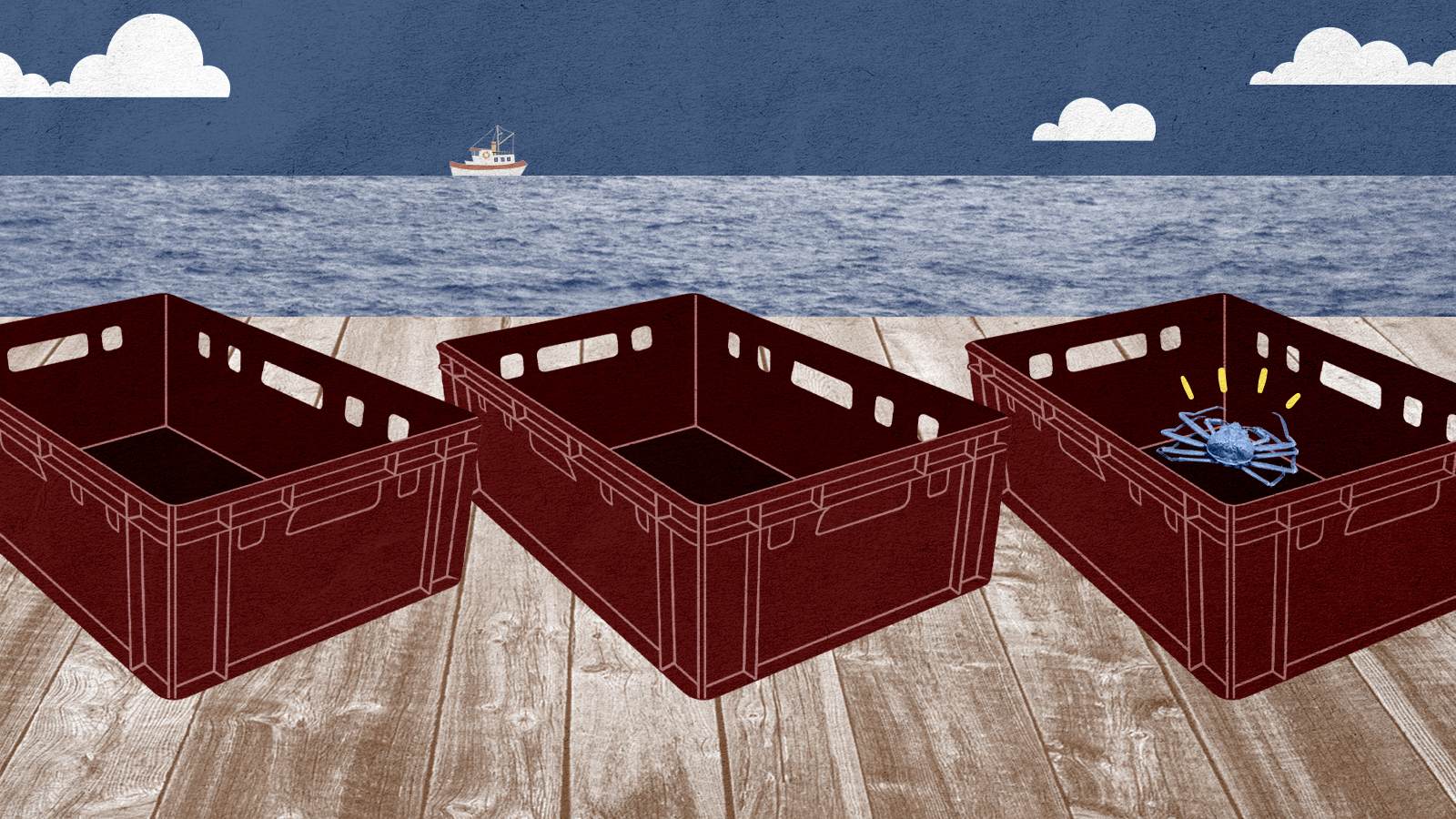
A free daily email with the biggest news stories of the day – and the best features from TheWeek.com
You are now subscribed
Your newsletter sign-up was successful
On Sunday, the Alaska Department of Fish and Game announced it was canceling this year's Bering Sea snow crab season due to a dramatic collapse of the tasty crustaceans' population. On the heels of the 2021 season, which saw the agency slash total catch by almost 90 percent, is this the end for the state's crab industry? Here's everything you need to know about the snow crab apocalypse:
Where have all the snow crabs gone?
The term "snow crab," like "Chilean sea bass," is a marketing creation used to refer to a genus of crabs fished off the coast of Alaska in the Bering Sea in the winter, as well as off the coast of Newfoundland in the summer. Less well-known and sought after than its fellow Alaskan delicacy, the king crab, snow crabs are nevertheless a major coastal industry for Alaska as well as a dietary staple of seafood lovers — one that once came at a significantly lower price point. Unlike king crabs, the shells of snow crabs can mostly be broken by hand, yielding long sheaths of sweet, delicious meat for those so inclined. Crab lovers probably noticed a change last winter, when the price of grocery store snow crab clusters increased dramatically due to lower populations and catch limits. And while scientists harbored hope that the 2021 collapse was temporary, or a case of migration, this week's news makes it clear that something more tragic is happening. News reports suggest that as many as 7 billion crabs have disappeared since 2018, a mass mortality event that portends poorly for the future of global fisheries.
Climate change is the most commonly cited culprit for the demise of the snow crab industry. The warming of the oceans has been particularly problematic for snow crab populations, which depend on a so-called "cold pool" of water on the floor of the Bering Sea to feed and mature, as well as to remain safe from predators like cod. The retreat of sea ice may also have enabled fishing vessels to sweep up crab as "bycatch" during seafloor trawling operations, further diminishing populations. Canceling this year's Pacific snow crab season might or might not lead to a recovery of the creature's populations. After all, king crab populations crashed in the 1980s and have never returned to their pre-collapse levels. Meanwhile, the Canadian snow crab harvest increased year-over-year from 2021, suggesting that overfishing might be a significant factor.
The Week
Escape your echo chamber. Get the facts behind the news, plus analysis from multiple perspectives.

Sign up for The Week's Free Newsletters
From our morning news briefing to a weekly Good News Newsletter, get the best of The Week delivered directly to your inbox.
From our morning news briefing to a weekly Good News Newsletter, get the best of The Week delivered directly to your inbox.
What does it mean for Alaska?
Alaska features the harshest winter climate of any U.S. state, and living there requires a hardiness that most individuals probably can't muster. In a remote region that is difficult to access for months of the year, it is all the more disruptive when some crucial piece of the local economy vanishes virtually overnight. That's the situation that Alaska's crab industry finds itself in now. "These are truly unprecedented and troubling times for Alaska's iconic crab fisheries and for the hard-working fishermen and communities that depend on them," said Jamie Goen on the Facebook page of the Alaska Bering Sea Crabbers.
The state's enormous seafood industry employs around 100,000 people, including 60,000 in Alaska, and is the third-largest industry after oil and tourism. While crabbing might be a relatively small piece of that industry, the seasonal cancelation is likely to cost Alaskans more than $500 million in lost revenue. Many owners of crabbing vessels may go bankrupt without help, and once lost, the industry know-how and supply chain could be difficult to resurrect. The catastrophe might also heighten tensions between crabbers and larger-scale industrial trawlers, which many blame for the situation in the first place. In a state with the third-highest unemployment rate in the country, any loss of jobs and revenue is a huge problem. And the fact that Alaska's waters are warming four times as fast as the rest of the world is another ominous sign for the future.
What does it say about the future?
In Charlotte McConaghy's 2020 novel of the near future, Migrations, fishing is illegal, and the protagonist chases the last flock of Arctic terns around the world. "The animals were going," says the narrator, "really and truly and not just in warnings of dark futures but now, right now, in mass extinctions we could see and feel…" And while we might be years from the mass collapse of marine life, the disappearance of Alaskan snow crabs should be a warning that humankind should heed. Fish and other sea animals that depend on cold water might be increasingly endangered, not just by warming but by related processes like acidification and "anoxification" — dead zones in the water where there is no oxygen, worsened by industrial pollution. Oceans, wrote David Wallace Wells in his chilling book The Uninhabitable Earth, "have absorbed 90 percent of global warming's excess heat," damaging fish populations and dramatically diminishing the biodiversity of the planet's seas.
Thus far, many of us — particularly the kind of wealthy people who eat snow and king crab — have been insulated from the direct effects of global warming on the food chain. But when things start disappearing from plates and menus altogether, particularly expensive, sought-after delicacies, it might cause us to pay closer attention to the processes that are irrevocably changing the natural environment around us for the worse. That won't save Alaska's crabs, or the state's crabbing industry, but it might be enough to protect some of the extraordinary diversity of the oceans, a bounty that humans have taken for granted for far too long.
A free daily email with the biggest news stories of the day – and the best features from TheWeek.com
What's for certain is that this won't be the last time we see headlines about the "mysterious" disappearance of some creature that is critical to our food supply, economy, or culture.
David Faris is a professor of political science at Roosevelt University and the author of "It's Time to Fight Dirty: How Democrats Can Build a Lasting Majority in American Politics." He's a frequent contributor to Newsweek and Slate, and his work has appeared in The Washington Post, The New Republic and The Nation, among others.
-
 Local elections 2026: where are they and who is expected to win?
Local elections 2026: where are they and who is expected to win?The Explainer Labour is braced for heavy losses and U-turn on postponing some council elections hasn’t helped the party’s prospects
-
 6 of the world’s most accessible destinations
6 of the world’s most accessible destinationsThe Week Recommends Experience all of Berlin, Singapore and Sydney
-
 How the FCC’s ‘equal time’ rule works
How the FCC’s ‘equal time’ rule worksIn the Spotlight The law is at the heart of the Colbert-CBS conflict
-
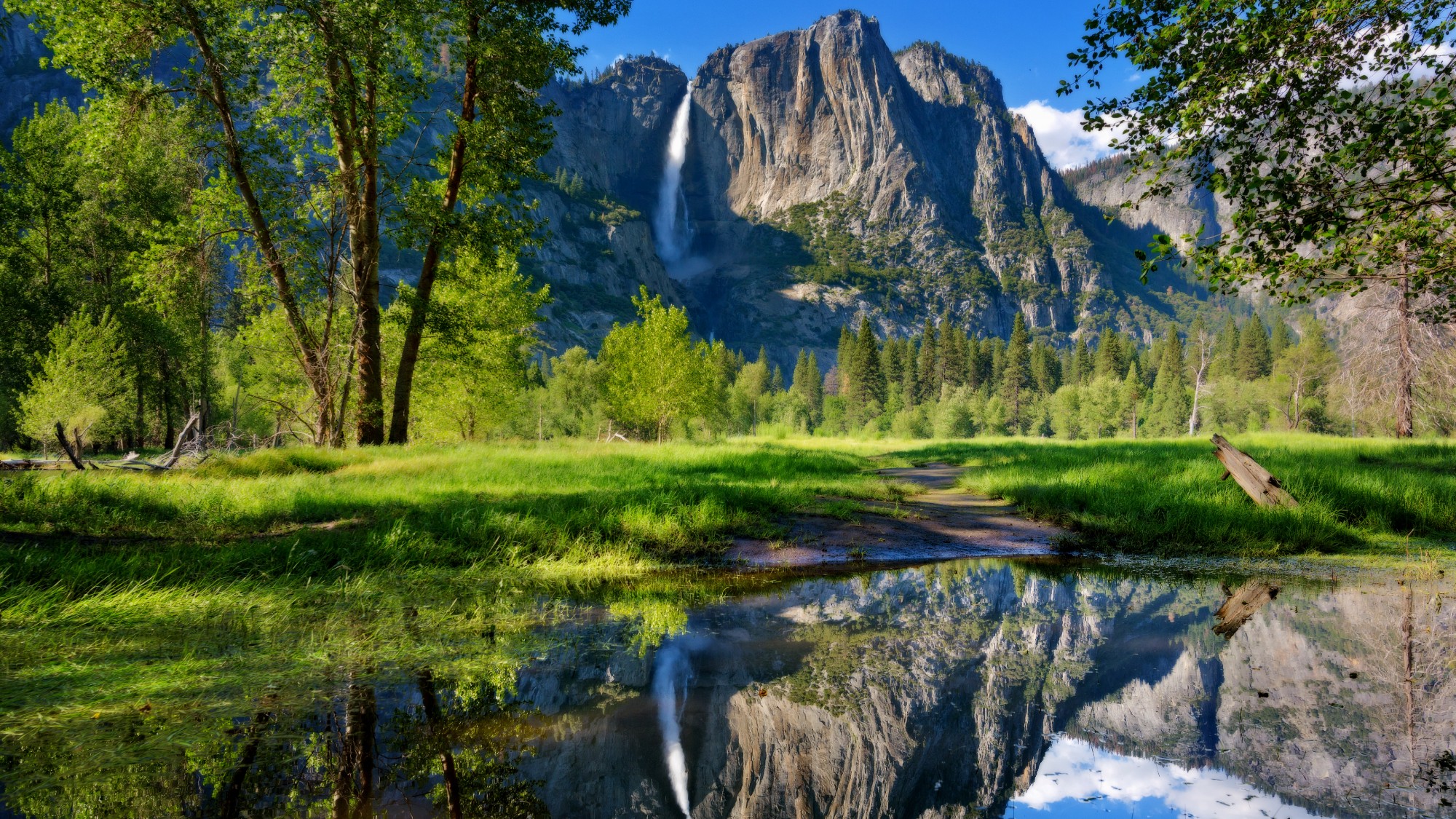 Not every hike has to wipe you out. These 7 treks are easy-breezy.
Not every hike has to wipe you out. These 7 treks are easy-breezy.The Week Recommends These trails won't leave you breathless
-
 David Attenborough at 99: a 'radical' voice for climate action
David Attenborough at 99: a 'radical' voice for climate actionIn The Spotlight In his new film 'Ocean', TV's best-known naturalist delivers his strongest message yet
-
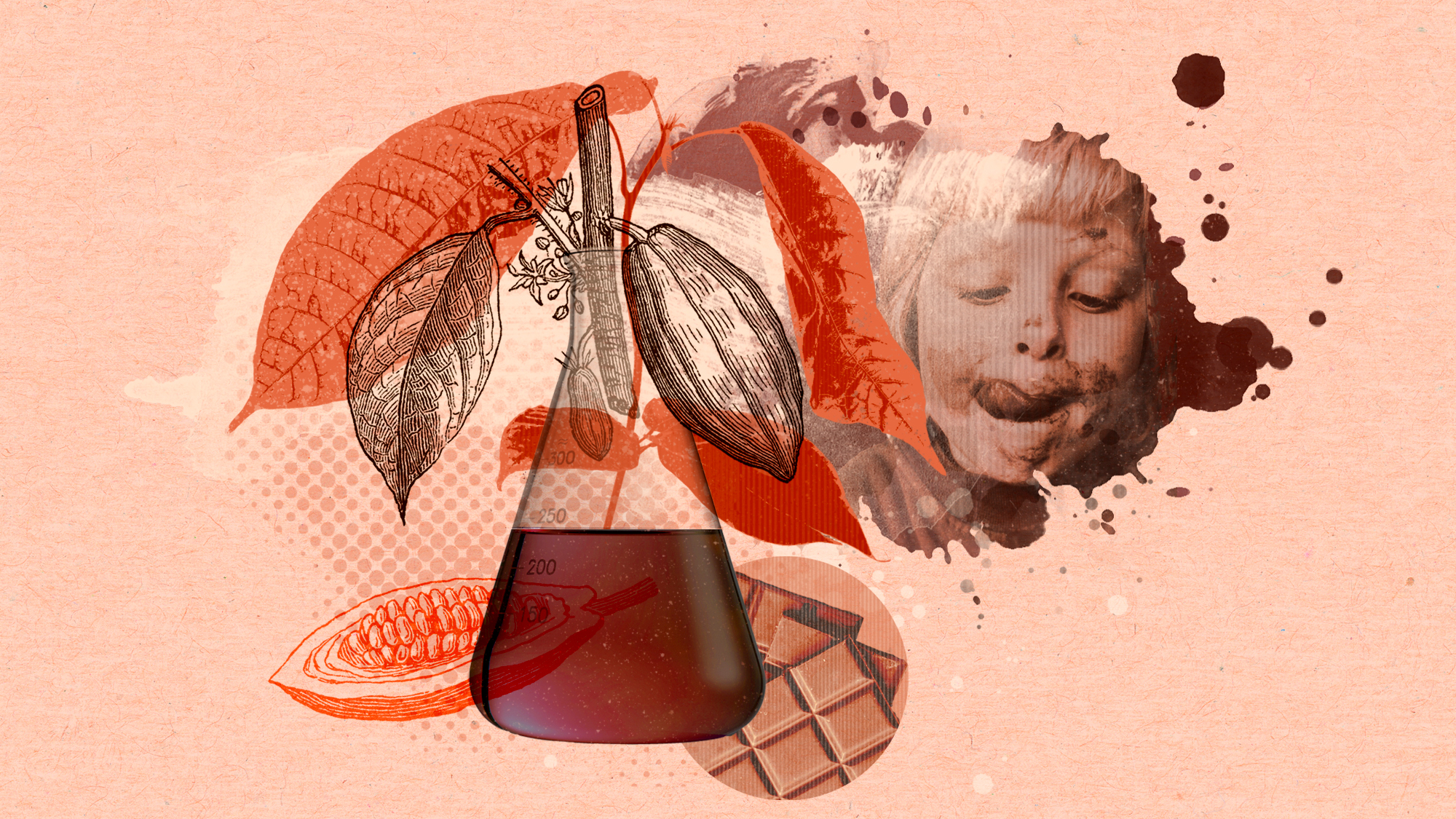 The secrets of lab-grown chocolate
The secrets of lab-grown chocolateUnder The Radar Chocolate created 'in a Petri dish' could save crisis-hit industry
-
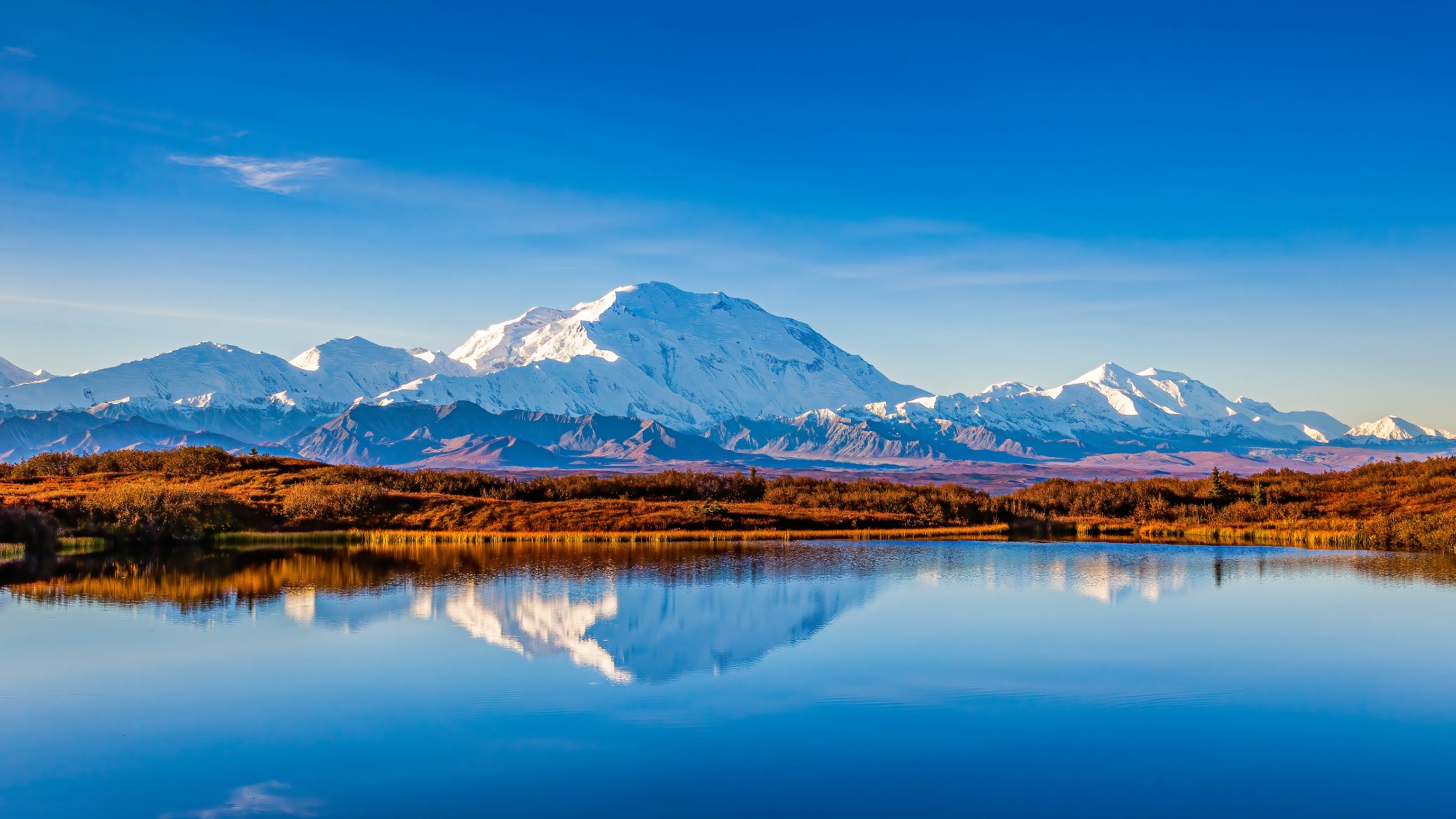 How to see the wonders of Alaska's Denali National Park and Preserve
How to see the wonders of Alaska's Denali National Park and PreserveThe Week Recommends Adventure is out there, 365 days a year
-
 Kyoto: 'total thrill ride' explores pivotal climate change conference
Kyoto: 'total thrill ride' explores pivotal climate change conferenceThe Week Recommends Play centres on 'cut-throat diplomacy' surrounding the United Nations
-
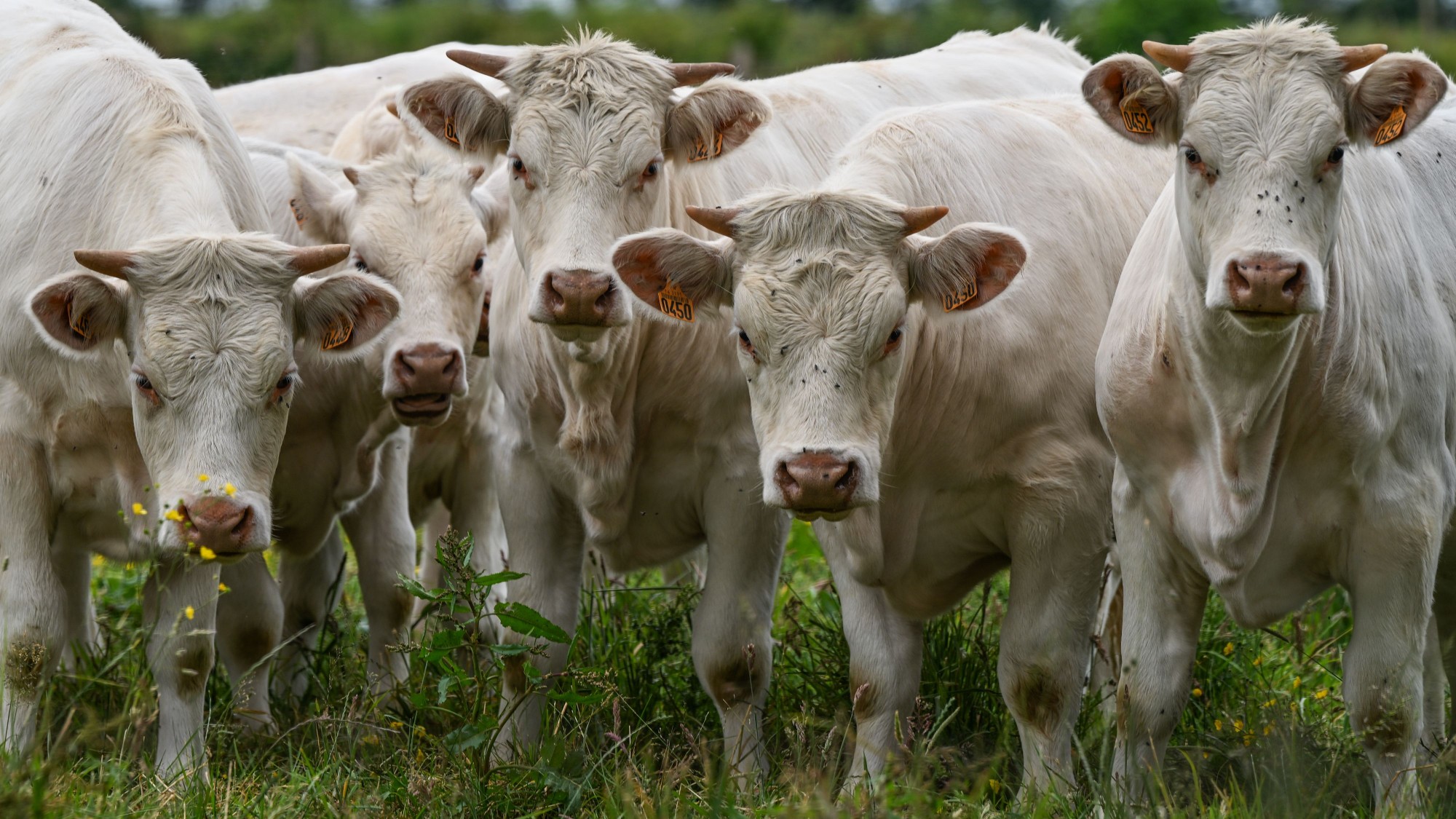 Bovaer: the new dairy additive prompting boycotts and conspiracy theories
Bovaer: the new dairy additive prompting boycotts and conspiracy theoriesIn The Spotlight Manufacturer says it wants to reduce methane emissions from cows but social media criticism has grown
-
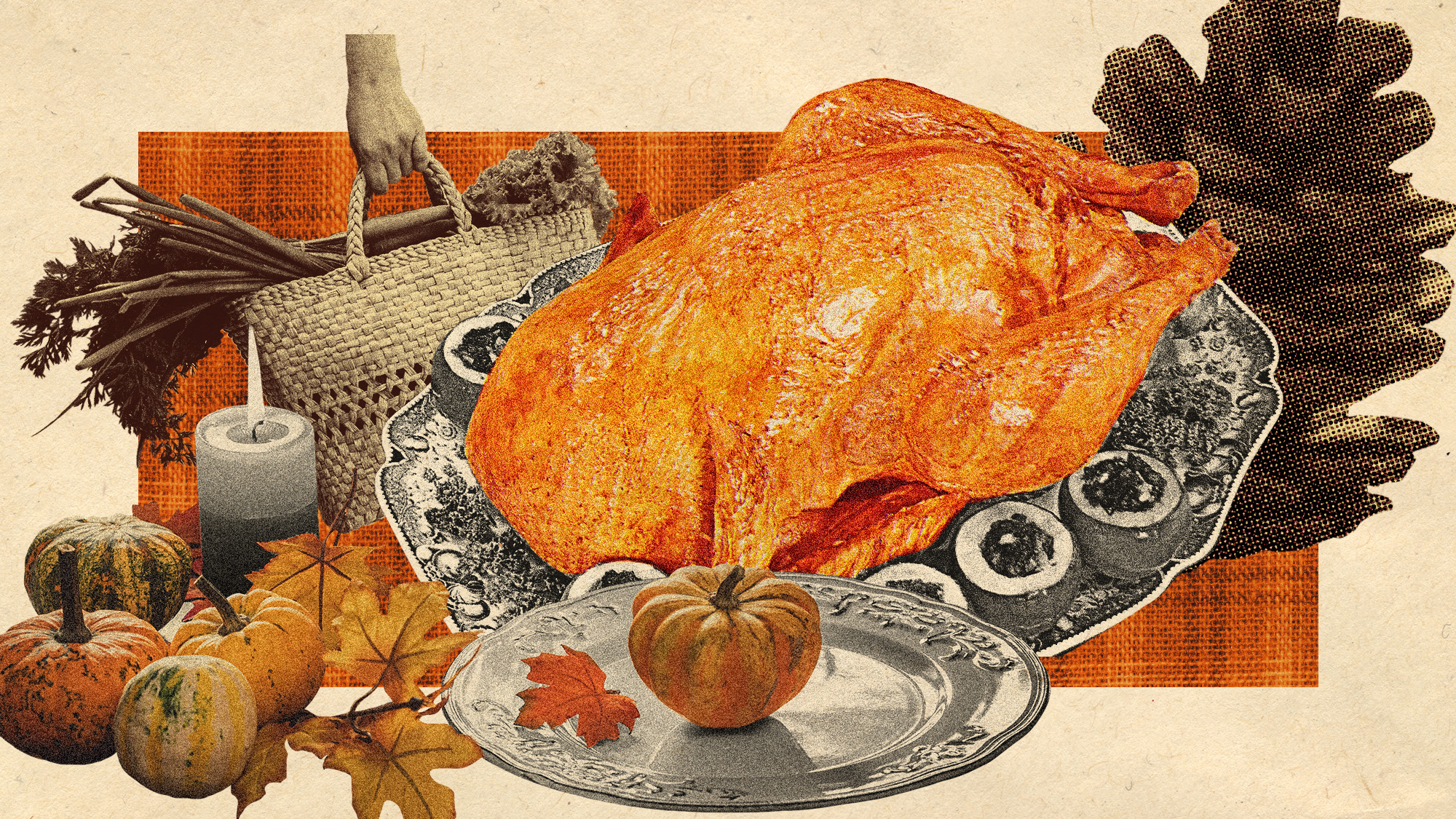 4 tips for hosting an ecofriendly Thanksgiving
4 tips for hosting an ecofriendly ThanksgivingThe Week Recommends Coming together for the holidays typically produces a ton of waste, but with proper preparation, you can have an environmentally friendly gathering.
-
 In 'Twisters,' there are no winds of (climate) change
In 'Twisters,' there are no winds of (climate) changeTalking Points The weather-focused blockbuster kicks up a swirl of controversy over a conspicuous and deliberate omission
